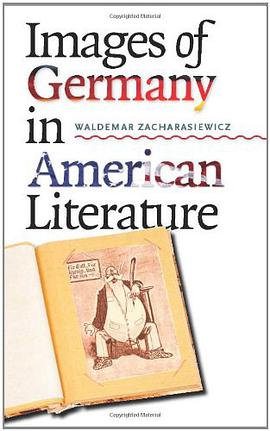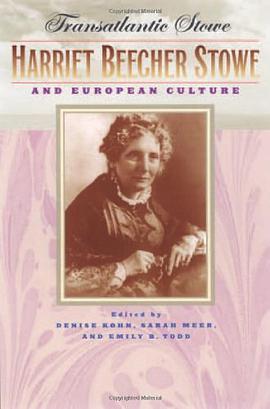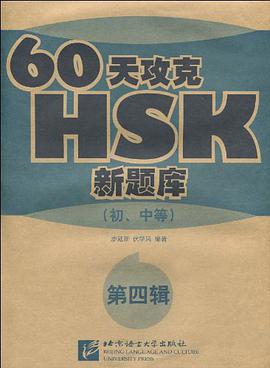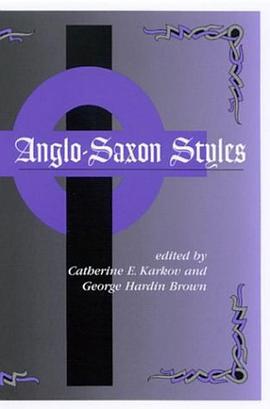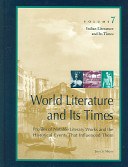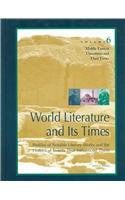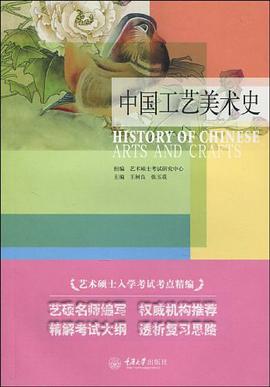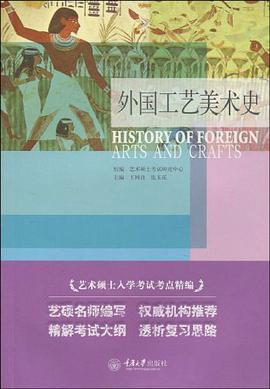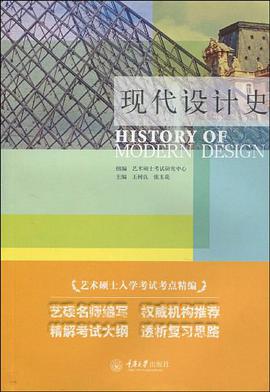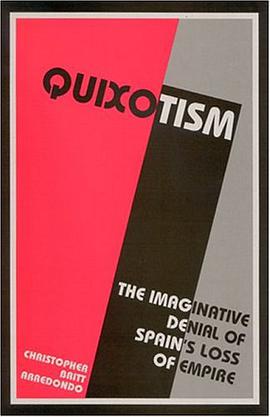

具体描述
Quixotism explores how a group of Spanish intellectuals, writing during the time of Restoration Spain (1876-1931), incorporated the figure of Don Quixote into an on-going debate on Spanish national and imperial decadence and used this figure to promote a nationalistic and jingoistic formula for national-imperial regeneration. Commonly known as the Generation of '98, these writers turned Spain's military defeat at the hands of an emerging American empire into a moral victory. Christopher Britt Arredondo uses the term Quixotism to denote a premodern heroic ideal centered on the figure of Don Quixote as he explores these writers. Here, he shows how Ganivet turns Quixote into a spiritual conquistador; Unamuno, into a tragic messiah; Maeztu, into a smiling priest; and Ortega, into a paternalistic master. Quixotism is a new critical category of political and cultural relevance, not only for fin-de-siecle Spain and the National-Catholic Spain of the Franco era, but also the democratic, postmodern Spain of today.
作者简介
目录信息
读后感
评分
评分
评分
评分
用户评价
相关图书
本站所有内容均为互联网搜索引擎提供的公开搜索信息,本站不存储任何数据与内容,任何内容与数据均与本站无关,如有需要请联系相关搜索引擎包括但不限于百度,google,bing,sogou 等
© 2026 book.wenda123.org All Rights Reserved. 图书目录大全 版权所有


